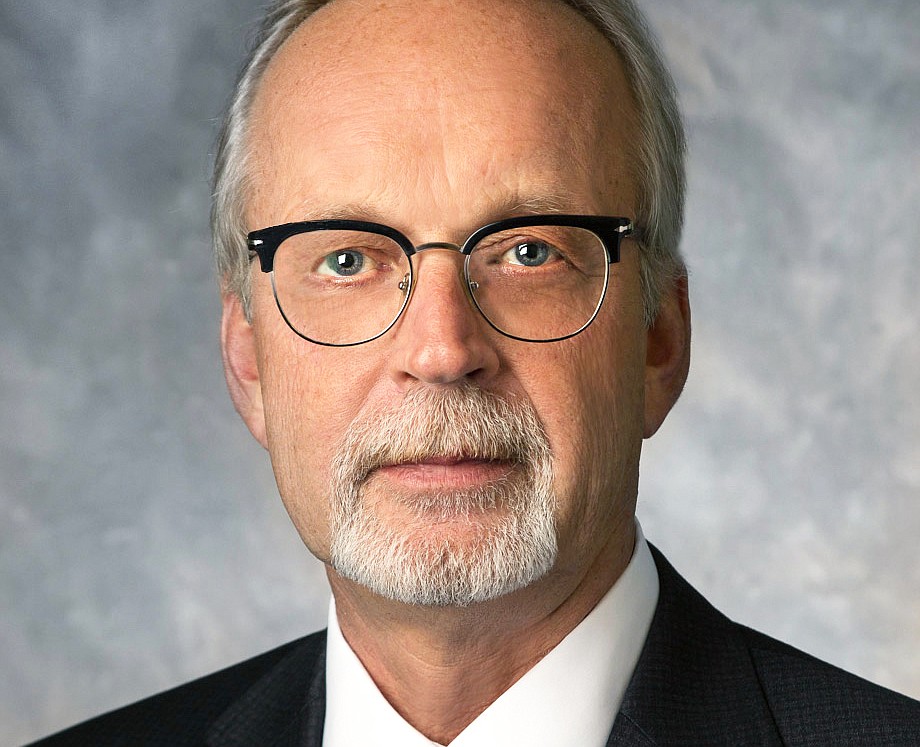
James Foote’s contract to become chief operating officer of CSX Corp. did not anticipate him becoming chief executive officer of the Jacksonville-based railroad company.
“You will be employed as COO, reporting to me or my successor,” said the four-year contract signed by then-CEO Hunter Harrison on Oct. 25.
However, Foote was appointed acting CEO Thursday when Harrison took a medical leave, two days before Harrison died.
The contract, contained in a Securities and Exchange Commission filing, does not contain provisions for Foote taking on a new position, either temporarily or permanently.
Foote’s contract calls for him to have a base salary of $750,000, with the ability to earn additional bonus and incentive payments. He also received a sign-on bonus of $400,000 when he joined CSX.
Harrison’s annual base salary was $2.2 million when he became CEO in March. But he was awarded $84 million in additional payments by CSX to reimburse him for money forfeited when he left his previous position as CEO of Canadian Pacific Railway Ltd. to pursue the CSX job.
The agreement to pay the $84 million, as filed with the SEC in June, does not have any provisions for possible reimbursement if Harrison was unable to complete his four-year agreement to be CEO.
However, the SEC filing that included the agreement did raise the issue of Harrison’s health.
“Continued availability and service can never be guaranteed for any individual and is a particular risk in the case of Mr. Harrison, who is 72 years old and has experienced medical issues at various times, including a respiratory condition that requires him to use supplemental oxygen,” the filing said.
“An extended or permanent loss of the services of Mr. Harrison, due to death, disability or any other reason, could adversely disrupt the pace of implementing the company’s Precision Scheduled Railroading, or otherwise adversely affect the company or the market price of the company’s securities.”
CSX’s stock did drop by $3.83 to $53.48 Friday after news of Harrison’s medical leave. It moved little on Monday, the first trading day after Harrison’s death.
Credit-Suisse analyst Allison Landry, who just moderated a panel discussion with Harrison at an investor conference three weeks ago, said Wall Street was having difficulty digesting the news.
“While most were not expecting Hunter to return, his passing on Saturday still felt sudden, in part, because much of the investment community (ourselves included) didn't want it to be true - an unrealistic shred of hope that somehow he would recover and prove his naysayers wrong before riding off on one of his horses into the sunset,” Landry said in a research note.
“But, not even Hunter - with his almost superhuman ability to effect change - could underwrite that story.”